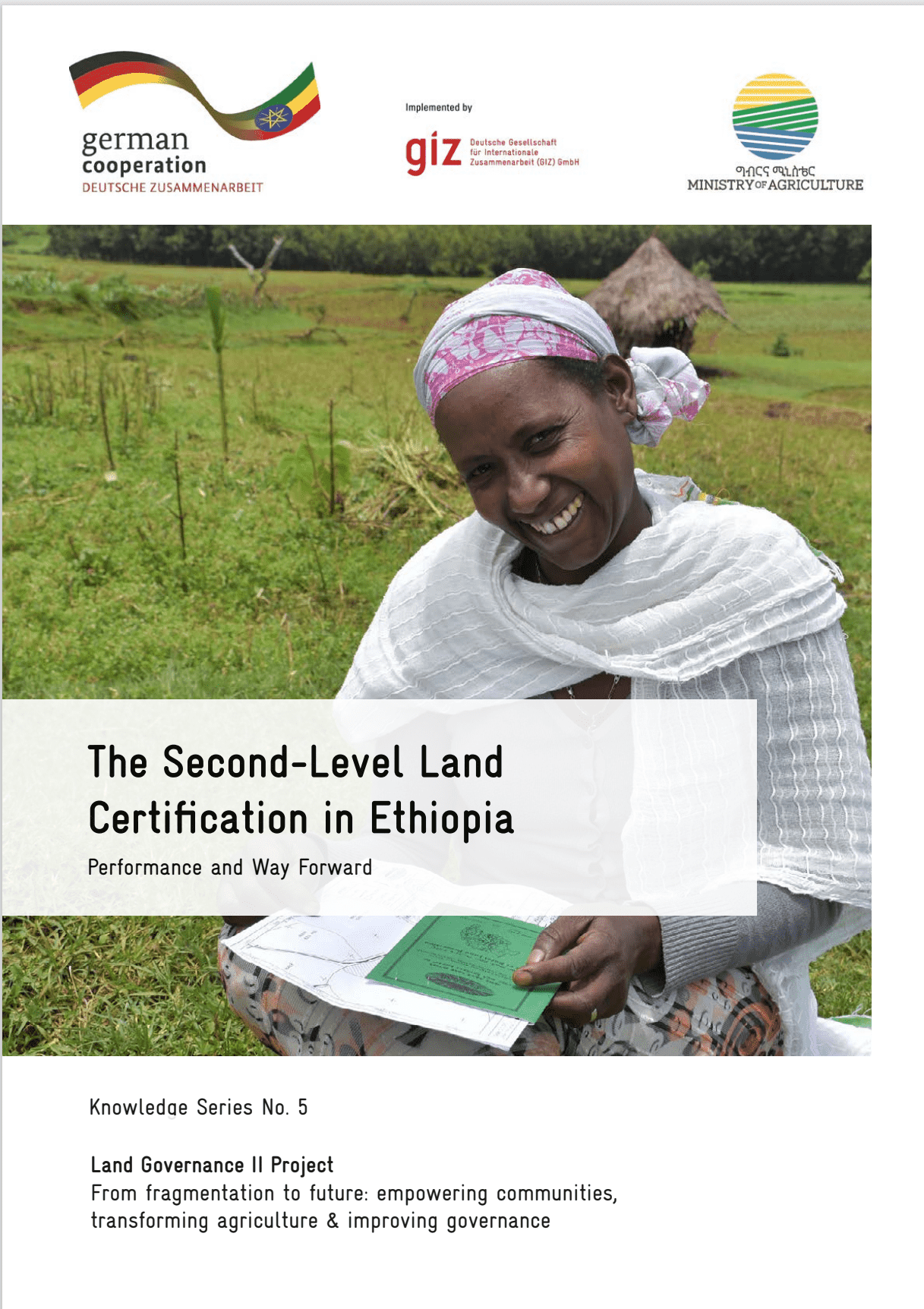Sécurité Foncière, Productivité Agricole Et Sécurité Alimentaire: Cas Du Togo Et Extension Aux Pays De La Cedeao
Contexte et justification Les pays africains ont entrepris des vastes initiatives de plus en plus ambitieuses ces dernières années visant à promouvoir l'enregistrement des terres afin de garantir les droits de propriété et d'occupation des terres. En théorie, la reconnaissance des droits de propriété devrait favoriser la productivité agricole et la sécurité alimentaire.



